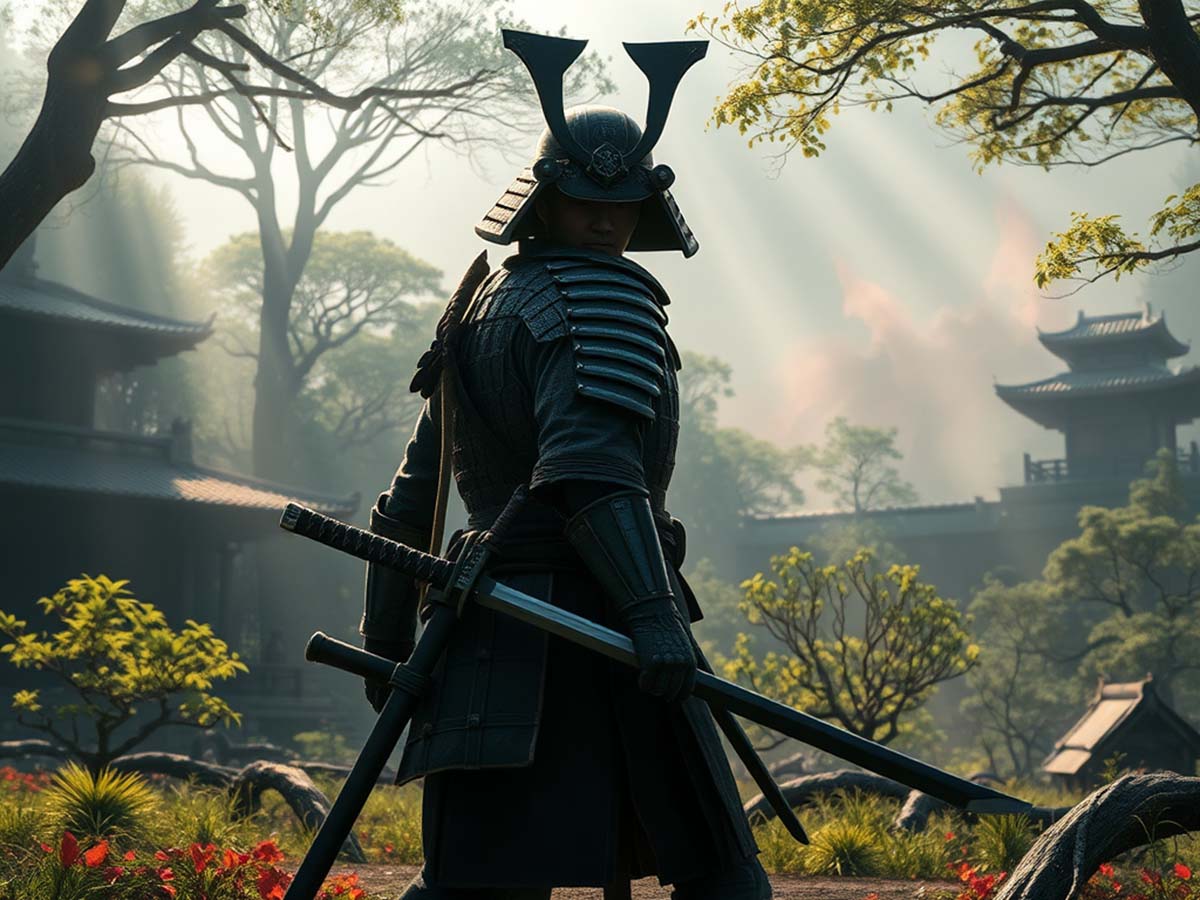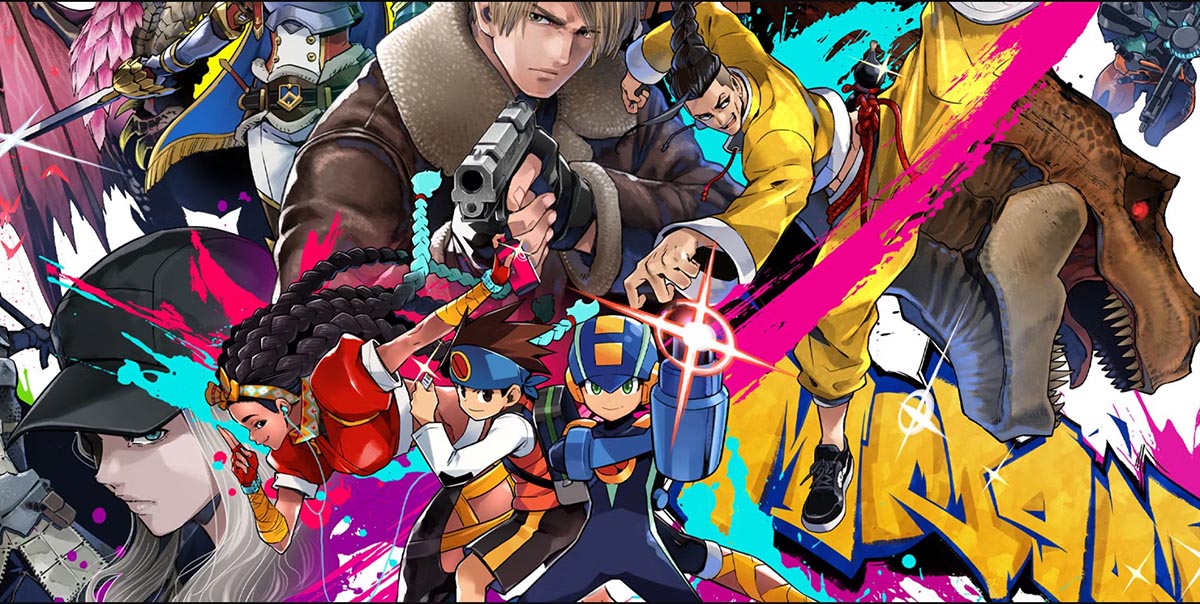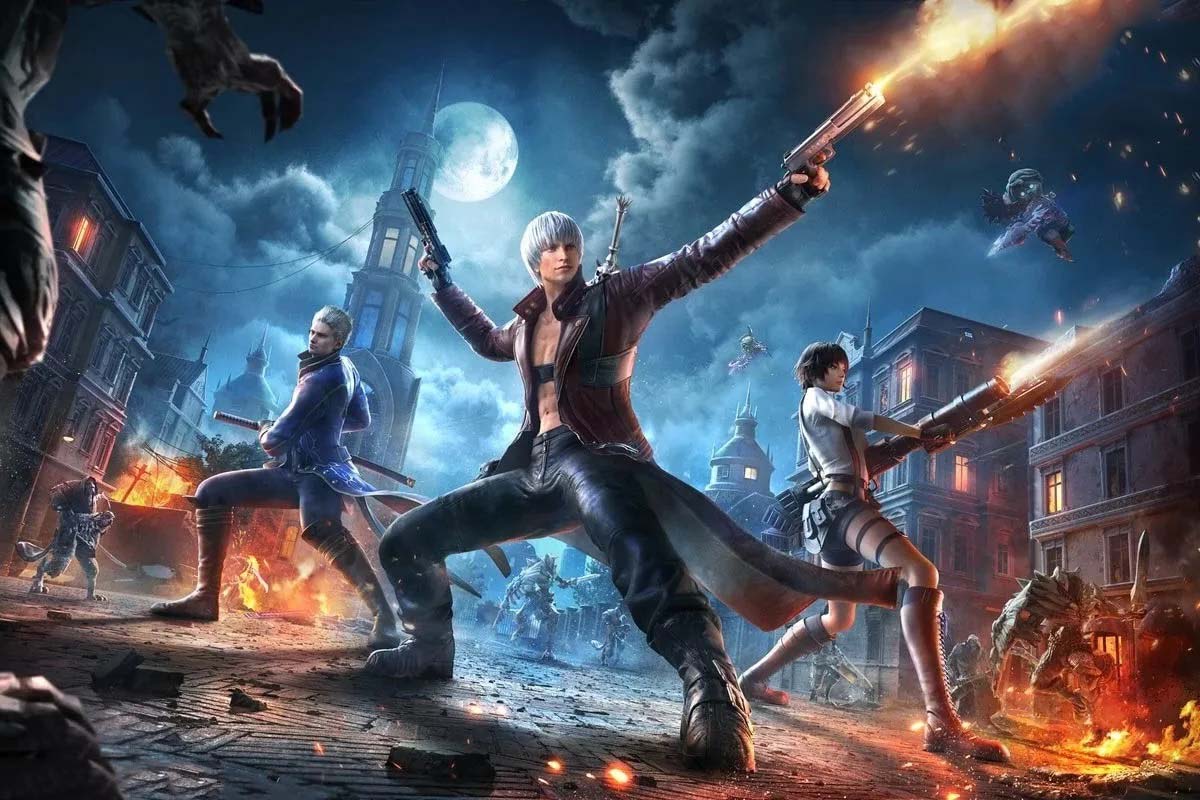Some video game franchises leave an everlasting impact, shaping the landscape of action-adventure gaming. Onimusha is one of those series, capturing the essence of samurai combat while introducing supernatural elements that added an exciting twist to historical fiction. Developed by Capcom, this iconic franchise combined fast-paced swordplay, engaging storytelling, and an atmospheric setting inspired by Japan’s Sengoku period.
Despite its absence from recent gaming lineups, Onimusha remains a beloved name among fans. Its influence can still be felt in modern titles that draw inspiration from its combat mechanics and cinematic storytelling. As we revisit the franchise’s legacy, we look at what made Onimusha unique, its impact on gaming, and the potential future for this legendary series.
Origins of the Onimusha Series
Onimusha began as an ambitious project inspired by Capcom’s success with survival horror games. Initially conceived as a samurai-themed adaptation of Resident Evil, the first installment, Onimusha: Warlords, was released in 2001 for the PlayStation 2. The game introduced players to a world where skilled warriors faced off against demonic forces, blending historical settings with supernatural elements.
The story followed Samanosuke Akechi, a noble samurai, as he battled the Genma, an army of demonic creatures threatening to conquer feudal Japan. With its mix of sword-based combat, puzzle-solving, and a compelling narrative, the game captivated players and sold millions of copies. It became the first PlayStation 2 title to reach over a million units sold, proving that the formula worked.
Building on this success, Capcom expanded the series, introducing new protagonists, deeper gameplay mechanics, and enhanced combat features across multiple sequels.
Why Onimusha Stood Out
While many action games feature swordplay and historical themes, Onimusha distinguished itself through a combination of well-crafted gameplay, rich storytelling, and immersive environments.
Cinematic Storytelling and Historical Inspiration
One of the defining features of Onimusha was its ability to blend real-world history with fictional elements. Characters were often inspired by legendary samurai and warlords, giving the series a grounded yet dramatic feel. Players engaged with figures like Oda Nobunaga, one of Japan’s most infamous rulers, portrayed as a villainous mastermind behind the Genma invasion.
Cutscenes and dialogue were carefully designed to make the story feel cinematic, featuring motion-captured performances that brought characters to life. Later games improved voice acting and narrative depth, making the series more engaging and emotionally impactful.
Combat That Rewarded Skill and Precision
Unlike traditional hack-and-slash games, Onimusha’s combat relied on precision and timing. The Issen technique, a perfectly timed counterattack, allowed players to defeat enemies with a single well-placed strike. This encouraged mastery of timing rather than mindless button-mashing.
Weapons also played a crucial role, each with its own strengths and weaknesses. Blades imbued with elemental powers allowed for different attack styles, adding strategic depth to combat encounters. Additionally, the ability to absorb souls from fallen enemies introduced a rewarding upgrade system, where players could enhance their weapons and abilities.
Atmospheric Settings and Immersive Worldbuilding
The series excelled in creating an eerie yet beautiful world. From war-torn castles to eerie temples and shadowy villages, each location was crafted with meticulous detail. The environments captured both the grandeur and brutality of feudal Japan, making exploration a key part of the experience.
Music played a significant role in setting the tone, with orchestral and traditional Japanese compositions heightening the drama of battles and story moments. These elements combined to create an immersive experience that transported players into a gripping samurai adventure.
Memorable Titles in the Series
Each Onimusha installment brought something new to the table, expanding the series while maintaining its core appeal.
Onimusha 2: Samurai’s Destiny
Released in 2002, this sequel introduced Jubei Yagyu as the protagonist. Unlike the first game’s linear approach, this installment included multiple characters, each with their own fighting styles and storylines. The branching narrative system allowed players to build relationships with allies, altering the course of the game.
Combat became more refined, with additional weapons and a deeper upgrade system. The inclusion of new locations and characters expanded the Onimusha universe, making it a worthy successor to the original.
Onimusha 3: Demon Siege
The third entry, released in 2004, took a bold step by introducing time travel. The game followed Samanosuke Akechi and Jacques Blanc, a French warrior played by actor Jean Reno, as they battled the Genma across historical Japan and modern-day Paris.
This installment improved movement controls, moving away from the fixed-camera angles of previous titles. The seamless action, cinematic storytelling, and dual-protagonist approach made it one of the most ambitious Onimusha games to date.
Onimusha: Dawn of Dreams
Arriving in 2006, this game introduced a new cast and expanded gameplay mechanics. It allowed players to control multiple characters with distinct abilities, creating a more dynamic combat system. While it received praise, it marked the last major entry in the series.
Influence on Modern Gaming
Even though Onimusha has remained dormant for years, its impact on gaming is undeniable. Many modern samurai action games, such as Ghost of Tsushima and Nioh, have drawn inspiration from its combat mechanics and historical storytelling.
The precise counterattack mechanics of Onimusha’s Issen technique can be seen in numerous modern action games, proving that its gameplay innovations still hold relevance today.
The Future of Onimusha
Fans of the series continue to hope for a new entry. Capcom reintroduced Onimusha: Warlords with an HD remaster in 2019, sparking renewed interest in the franchise. While this was a welcome return, many players are eager for a full-fledged reboot or sequel.
With advancements in gaming technology, a modern revival of Onimusha could offer an enhanced combat system, expanded open-world exploration, and even deeper storytelling. Given Capcom’s success in reviving franchises like Resident Evil and Devil May Cry, there is hope that Onimusha may one day return.
Why Onimusha’s Legacy Endures
Onimusha remains one of the most beloved samurai action series in gaming history. Its blend of sword-fighting precision, historical inspiration, and supernatural storytelling set it apart from other action-adventure titles. The franchise’s influence can be seen in many modern games, proving its lasting impact.
While its future remains uncertain, Onimusha’s legacy continues to inspire both developers and players. Whether through remasters or a potential reboot, the series deserves a place among gaming’s greatest action-adventure experiences.



